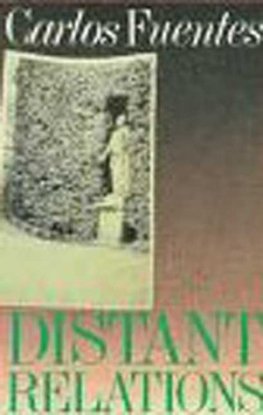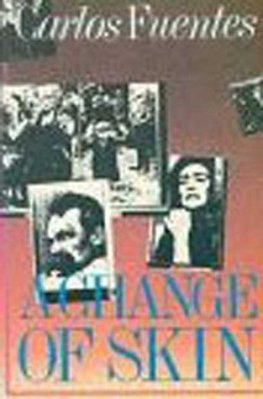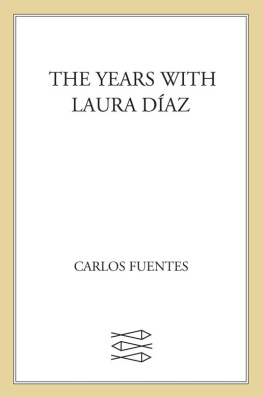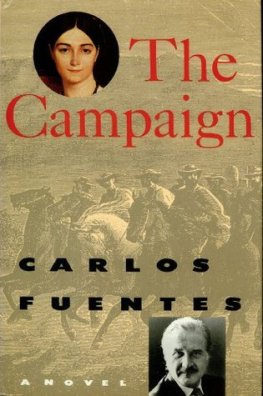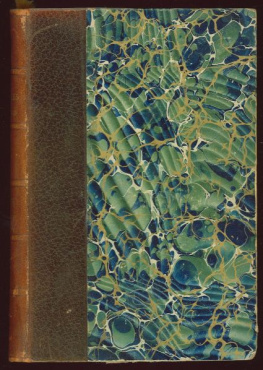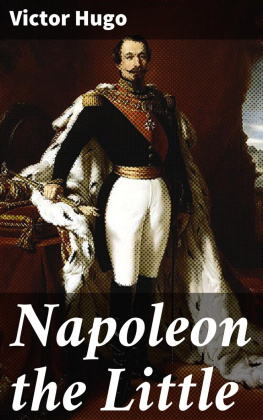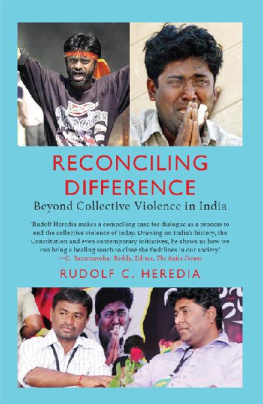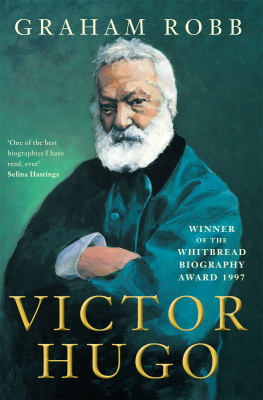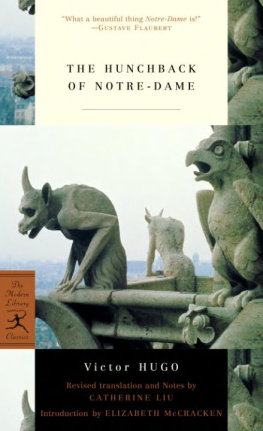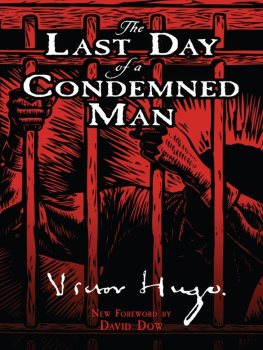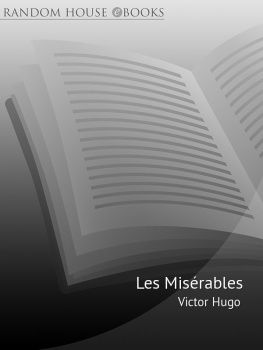Carlos Fuentes
Distant Relations
For my friend Luis Buuel, in his eightieth year:
Ce qui est affreux, cest ce quon
ne peut pas imaginer.M.P.
LA CHAMBRE VOISINE
Tournez le dos cet homme
Mais restez auprs de lui
(Ecartez votre regard,
Sa confuse barbarie),
Restez debout sans mot dire,
Voyez-vous pas quil spare
Mal le jour davec la nuit,
Et les cieux les plus profonds
Du coeur sans fond qui lagite?
Eteignez tous ces flambeaux
Regardez: ses veines luisent.
Quand il avance la main,
Un souffle de pierreries,
De la circulaire nuit
Jusqu ses longs doigts parvient.
Laissez-le seul sur son lit,
Le temps le borde et le veille,
En vue de ces hauts rochers
O gmit, toujours cach,
Le coeur des nuits sans sommeil.
Quon nentre plus dans la chambre
Do doit sortir un grand chien
Ayant perdu la mmoire
Et qui cherchera sur terre
Comme le long de la mer
Lhomme quil laissa derrire
Immobile, entre ses mains
Raides et dfinitives.
THE ADJACENT ROOM
Turn your back to that man
But do not leave him
(Avert your gaze,
Its dim barbarity),
Stand without saying a word,
Dont you see how nearly he fails
To distinguish day from night,
And the farthest skies
From the bottomless heart which troubles him?
Extinguish all these torches.
Look: his veins glisten.
When he extends his hand,
A breath of precious stones
From the circular night
To his long fingers flows.
Leave him alone on his bed,
Time tucks him in, watches over him,
Within sight of those high rocks
Where, forever hidden, moans
The heart of sleepless nights.
Let no one enter the room
From which a huge dog will emerge
Having lost its memory
And it will search the earth
And the oceans breadth
For the man it left behind.
Motionless, between hands
Both hard and decisive.
JULES SUPERVIELLE
My friends pallor was not unusual. With the passing of the years his skin had become fused to his facial bones and his gesturing, slender hands had become translucent.
I had seen him shortly after his return from Mexico, which seemed to have somewhat dissipated his resemblance to a civilized phantom. Sun had given him density, fleshly presence. I almost didnt recognize him.
The return of his habitual pallor should have made him look entirely familiar, but there was something different about his manner. When I saw him alone at his table in the club dining room, I walked over to greet him and to suggest we have lunch together.
Only if you join me here, he said, glancing toward the other tables, some distance from his.
His eyes were lost in depths far more profound than that of the vast shadowy dining room. The preferred tables, placed beside a large balcony overlooking the Place de la Concorde, escape the gloom. As these are the best in the club, it is only natural that they be allotted to the senior members. I accepted his invitation for what it was, a courtesy to a younger friend.
I havent seen you since you returned from your trip, I said.
He continued studying his menu as if he hadnt heard me. He was leaning forward slightly, his back to the windows. The bluish light of that early afternoon in November illuminated his bald head and fringe of gray hair. Abruptly, he looked up, but not toward me. He turned and stared into the distance beyond the square, toward the bank of the river.
Order for me, he asked me as the waiter approached. He spoke with the sense of urgency that now seemed characteristic of all his actions. I wondered if he had always behaved this way, and I had simply not noticed it before. His small, darting eyes measured the square, focusing for a long moment on the tree-lined promenade of the Tuileries.
Well, he said finally, after we had been served our wine and his restless eyes had found repose in its depths. I had made a wager with myself, wondering if anyone would come over to speak to me, if I would find anyone to tell my story to.
I looked at him, bewildered. Im not just anyone, Branly. Id always thought we were friends.
He touched my hand lightly, apologized, and said that when it was all over he would have to take stock of his life; it had all been very exhausting for a man of his age.
No, he added, I shall not resort to clichs, I will not say that at eighty-three I have become sated. Only those who have never lived say that.
He threw back his head, laughing, and in the same movement raised his hands, saying it was mere pretense to believe oneself immune to surprise. Perhaps, more than pretense, it was simple stupidity. Only a deep sense of insecurity would force a man to suffer such a foolish loss as that of his innate capacity to be amazed. He said death conquers only those who are not surprised by it; life as well. He blinked repeatedly, as if the light, less pale than the face of my friend, was painful to him.
Until the time of my trip, I believed that I had achieved a certain equilibrium, he said, shielding his eyes with his fingers.
Then, with a graceful and lighthearted wave of his hand meant to dispel any hint of solemnity, he smiled. My God! I have experienced every kind of age, golden or wretched, every kind of decade, roaring or mute, two world wars, a leg wound at Dunkirk, four dogs, three wives, two castles, a dependable library, and a few friends like yourself, equally dependable.
He sighed; he pushed aside his wineglass and then did something extraordinary. He turned his back to me, swung his chair around and stared out toward the Place de la Concorde, as if he were speaking to it. I chose to think that in this rather bizarre fashion he was addressing me, wishing to emphasize the unusual nature of our meeting as well as of the story he had alluded to. Finally (for the sake of my own peace of mind), I decided that my friend actually meant to speak to us both, to the square and to me, to the world and to that plural you I represented at that moment, which, ironic and hostile, lurks in the we of the Romance languages, nos/otros, we and others, I and the rest.
Paris and I, Branly between the two of us. Only this interpretation could assuage my dignity, somewhat ruffled by my friends strange behavior.
The century is a brother to me, he said finally. We have lived the same times. It is also my child; I preceded it by four years, and my first memory imagine! is of its birth, dominated by one special, I scarcely need add, unforgettable, image: the opening of the Pont Alexandre III. I remember it as an arch of acanthus stretching across the Seine for my benefit, so that I, a child, might learn to know and love this city.
I watched him finger the wide blue necktie and adjust the pearl stickpin that adorned it. Branly was staring into the distance, toward the Quai dOrsay. I followed his gaze, as he explained how that image had been born within him and now, hearing him, in me the expectation that every evening, as on that distant evening when for the first time he admired the bridge over the river, for one miraculous moment the phenomena of the day rain or fog, scorching heat or snow would disperse and reveal, as in a Corot landscape, the luminous essence of the le de France.
This is the equilibrium he refers to. He knows that each and every patient evening harbors that privileged instant. That hour has never disappointed him, and, thanks to him, I understand that neither has it disappointed me.
He smiles, thinking that the only exceptions occur, fortunately, when one is away on a trip, far from Paris.

